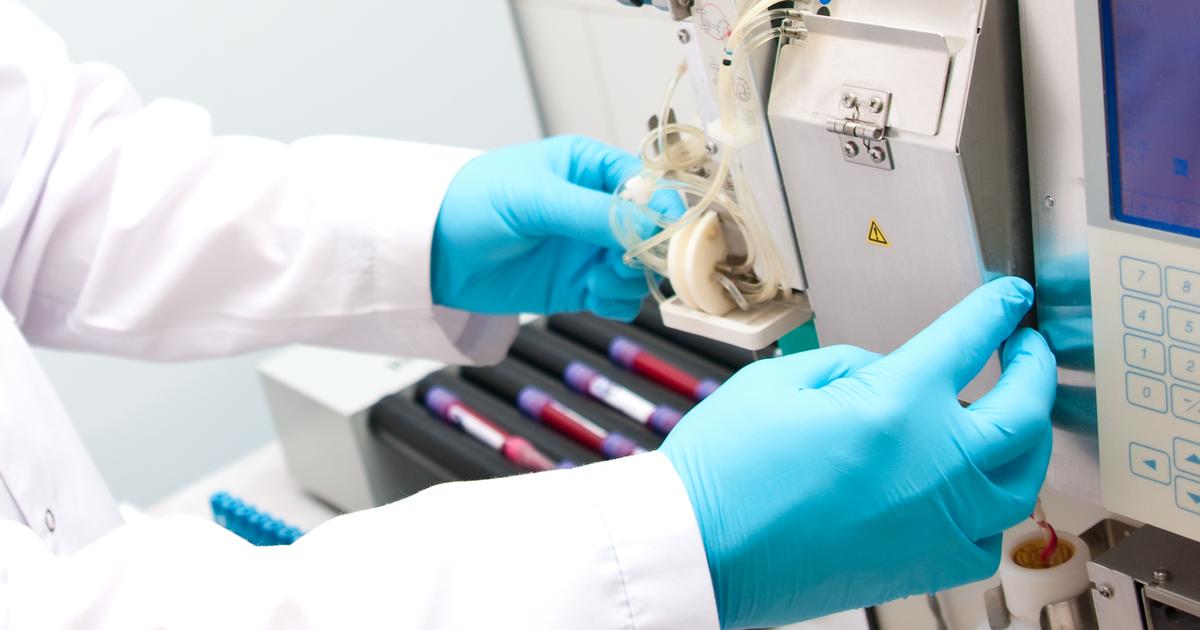What Are The Most Common Hematology Tests?
Blood Enzyme Test
A blood enzyme test can be a vital diagnostic tool during a medical emergency. Cardiac enzyme tests are used to determine whether a patient has had or is currently having a heart attack. The test might also be administered for individuals who have symptoms of artery blockage, including chest pain, shortness of breath, weakness and tiredness, dizziness, cool and clammy skin, sweating, and nausea or vomiting. When the heart undergoes severe stress, the muscle can become damaged. The damaged muscle releases enzymes into the bloodstream. Following a heart attack, these enzymes can reach high levels. If a doctor finds high enzyme levels in the patient's blood, they know there's a serious issue. Cardiac tests often measure the enzyme troponin. Even after the other released enzymes return to normal, troponin will continue having high concentrations in the blood. The results from these tests tend to come in quickly since they're a response to an urgent medical condition. Doctors might repeat the test a few times to monitor how the patient's enzyme levels change.
Read more about the most common hematology tests now.
Blood Glucose Test

Blood glucose tests measure the glucose levels in the blood. Glucose is a simple sugar cells use for energy. When individuals eat carbohydrates, their body converts them into glucose. These tests are most commonly ordered for individuals with a form of diabetes, such as gestational diabetes, type 1 diabetes, and type 2 diabetes. The test may also be used to diagnose or check for the presence of diabetes. Diabetes causes high levels of blood glucose, which can damage a patient's internal organs and cause death if untreated. The body controls blood sugar with the hormone insulin. With diabetes, the patient's body either doesn't create enough insulin, or doesn't create properly working insulin. Since the insulin isn't converting carbs to usable energy, they build up in the blood and cause toxic reactions. Some patients might also have a blood glucose test done to determine whether they have hypoglycemia, which occurs when their blood glucose is low. After a diabetes diagnosis, patients may have regular glucose tests to monitor their blood sugar and make sure their treatment is working.
Discover additional common hematology tests now.
